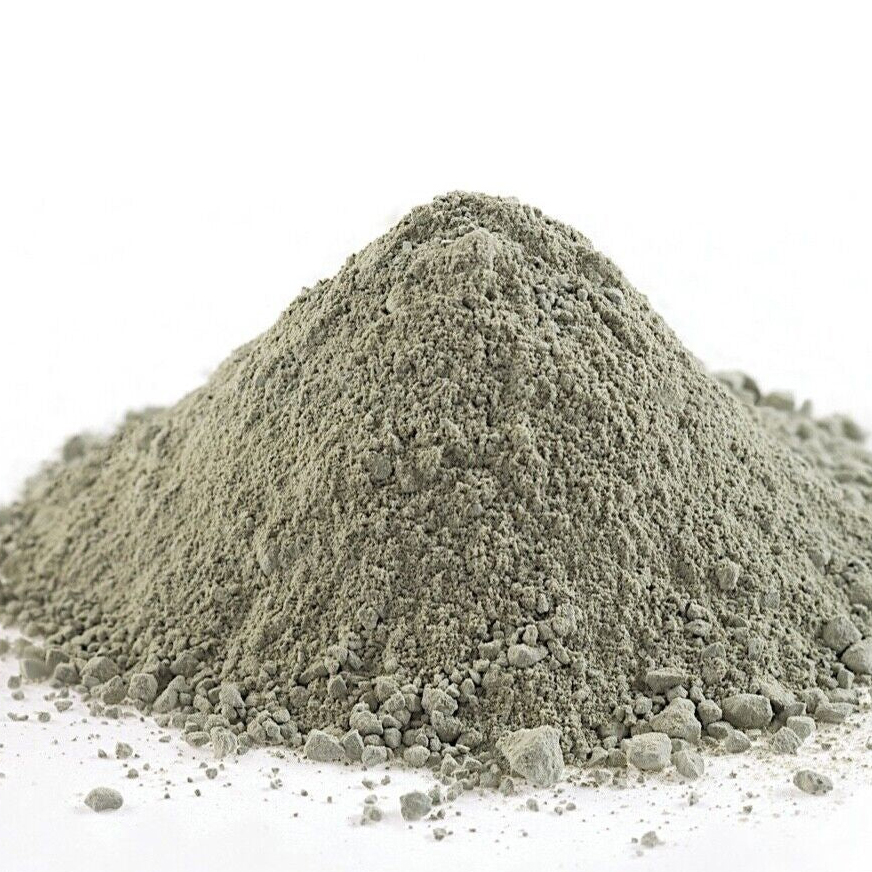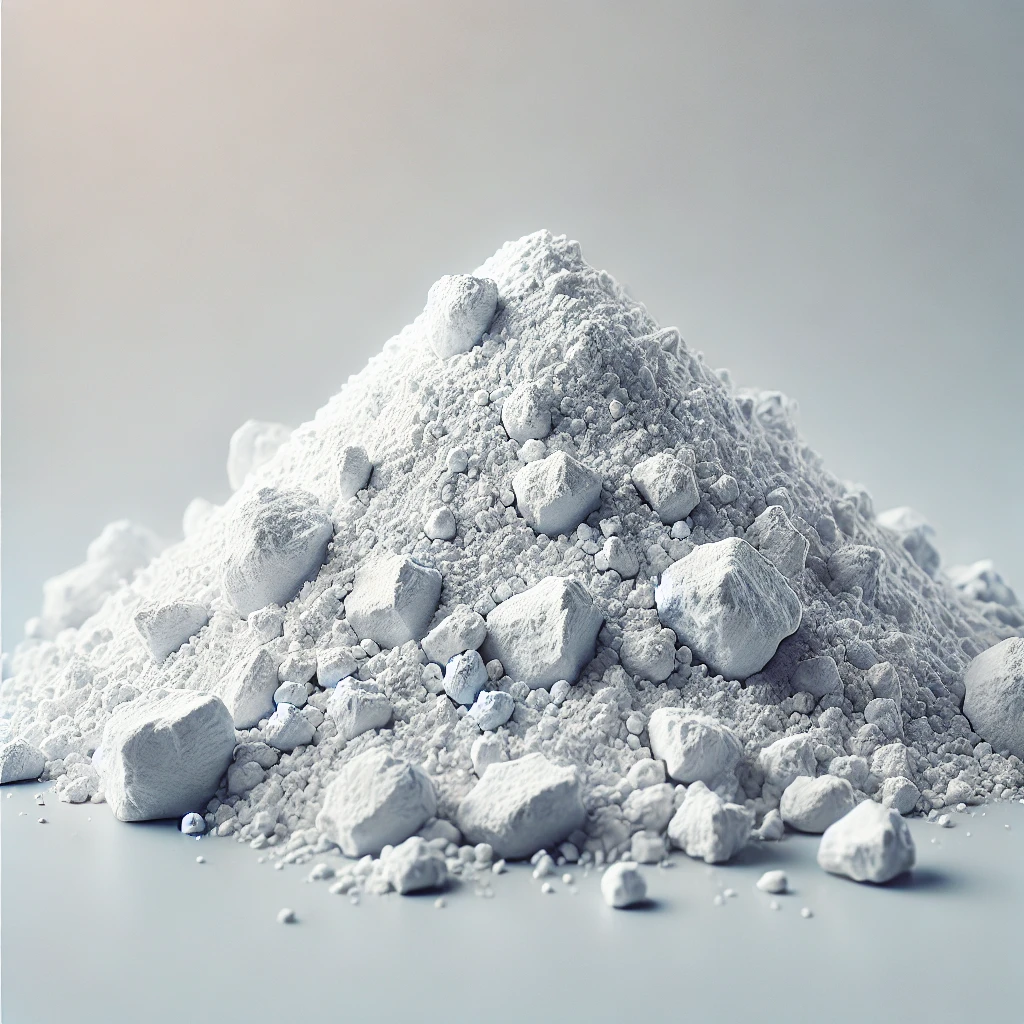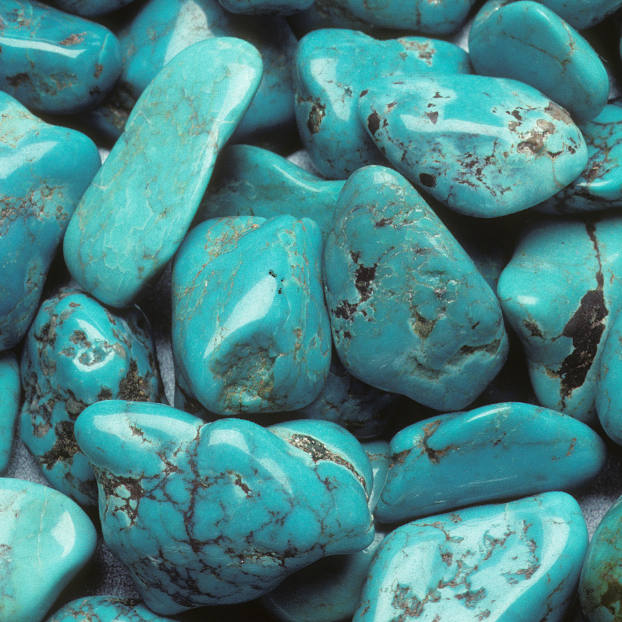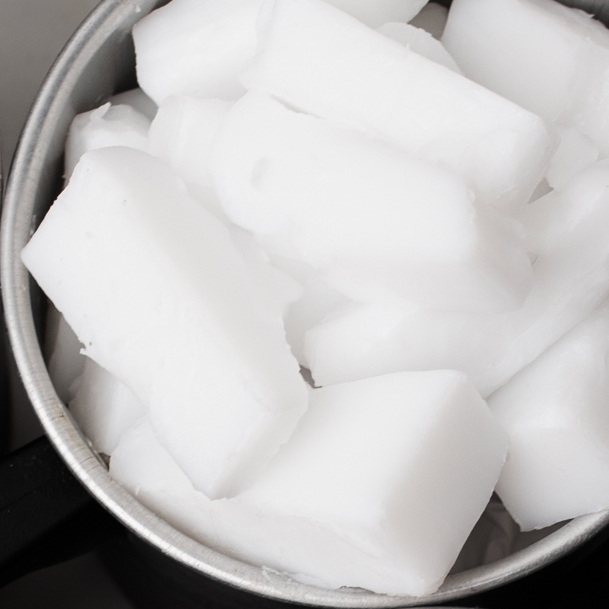Bentonite is a highly absorbent clay material primarily composed of montmorillonite, a type of smectite mineral. It is formed from the weathering of volcanic ash and is notable for its ability to swell when in contact with water, making it extremely versatile for various industrial and environmental applications.
Key Characteristics of Bentonite:
1. Composition and Types
– Montmorillonite: The primary mineral in bentonite is montmorillonite, which is responsible for its swelling properties.
– Two Main Types:
– Sodium Bentonite: Swells significantly when mixed with water, absorbing several times its weight. It is the more commonly used form and is often used in drilling and as a sealing agent.
– Calcium Bentonite: Swells less than sodium bentonite but is still used for its absorbent properties, mainly in cosmetic products and as a binder in various industrial processes.
2. Applications of Bentonite
– Drilling Mud: Bentonite is widely used as a drilling mud in oil, gas, and water well drilling. It provides lubrication and stability to boreholes, helps cool the drill bit, and transports cuttings to the surface.
– Geotechnical and Environmental Engineering: Sodium bentonite is used to line landfills, ponds, and other containment areas as it creates an impermeable barrier when it swells, preventing the seepage of hazardous materials or liquids.
– Cat Litter: Due to its excellent absorbent properties, bentonite is a key ingredient in clumping cat litter, where it absorbs moisture and odors.
– Foundry Sand Binder: In metal casting, bentonite is used as a binder for sand molds, helping to retain the shape of the molds during the casting process.
– Cosmetics and Pharmaceuticals: Bentonite is used in facial masks, skin creams, and other cosmetic products due to its ability to absorb oils and impurities from the skin. It is also used as an additive in pharmaceuticals as a detoxifying agent.
– Pelletizing of Iron Ore: In the steel industry, bentonite is used as a binder in the production of iron ore pellets, helping to bind the ore particles together.
3. Properties
– Swelling: Sodium bentonite can swell up to 15 times its dry volume when in contact with water, creating a gel-like material. This makes it useful in sealing applications, such as lining ponds or landfills.
– Absorption: It has a high capacity to absorb water, oils, and other liquids, making it effective in moisture control and containment.
– Plasticity: When wet, bentonite becomes plastic and moldable, which is useful for various industrial processes.
4.Global Production and Trade
– Bentonite is mined in several parts of the world. The demand for bentonite is tied to industries like oil and gas drilling, foundry casting, and environmental remediation.










